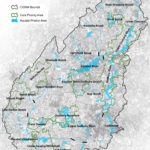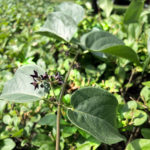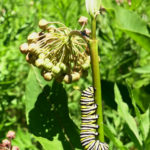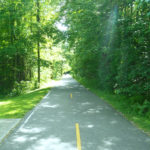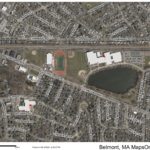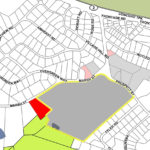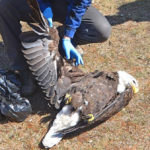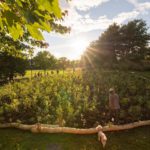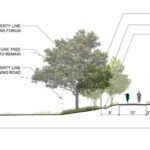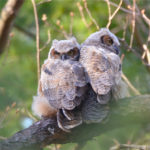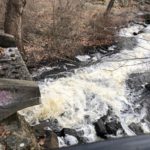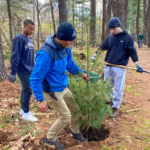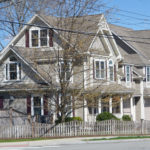
By Aditya Jain Governments have embraced natural gas as a “bridge fuel” to completely renewable energy sources, yet natural gas is far from a clean energy source (“It’s Time to Switch from Gas to Clean Energy,” BCF Newsletter, August/September 2021). Natural gas leaks in streets and homes cause significant public health hazards and environmental damage. Across Massachusetts, gas leaks are often underestimated by officials and underserved by gas companies. While numerous gas leaks in Belmont are listed and mapped, other communities of underrepresented minorities face the heaviest burden of this pollution. Massachusetts-based energy researchers analyzed gas leaks in different geographic [READ MORE]


